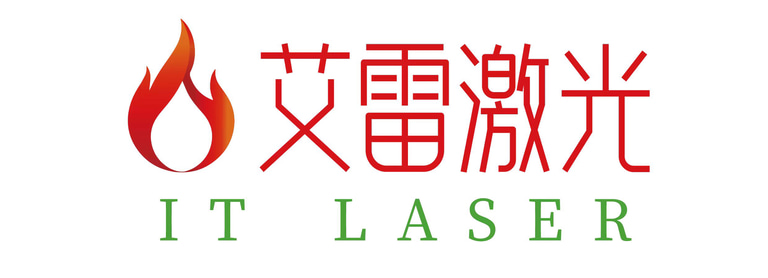Understanding the Cost of Laser Welders: A Comprehensive Guide
Understanding the Cost of Laser Welders: A Comprehensive Guide
David
8/20/20242 min read


Introduction to Laser Welding
Laser welding is a highly efficient and precise technique used across multiple industries including automotive, aerospace, and medical devices. The cost of a laser welder can vary significantly depending on the type, brand, and specific features of the machine. In this blog post, we will explore different price ranges for various types of laser welding machines to provide you with a clearer understanding.
Types of Laser Welders and Their Costs
There are several kinds of laser welders available in the market, each serving unique purposes and applications. Below, we delve into the primary types and their respective price ranges:
Fiber Laser Welders: These machines are known for their high speed, precision, and efficiency. Typically, a high-quality fiber laser welder can cost anywhere from $15,000 to $300,000. Entry-level models may be less expensive but they usually offer fewer features and lower power.
CO2 Laser Welders: Often used for welding non-metal materials like plastics and fabrics, CO2 laser welders range from $10,000 to $200,000. They are generally less expensive than fiber lasers but are limited in the types of materials they can work with.
Nd:YAG Laser Welders: These are popular for precision work such as jewelry repairs or small-scale manufacturing. Prices for Nd:YAG laser welders start at around $5,000 and can go up to $100,000 depending on the complexity and capabilities of the machine.
Factors Influencing the Cost of Laser Welders
Here are some key variables that impact the price of laser welding machines:
Power Output: Higher power output allows for faster welding and greater versatility in terms of material thickness. Machines with higher power output generally come at a premium price.
Brand and Manufacturer: Established brands such as Trumpf, IPG, and Coherent often have higher-priced models due to their reliability, customer support, and advanced features.
Additional Features: Integrated cooling systems, automated operation, and user-friendly interfaces can add to the overall cost of the machine. Advanced models also come with software that can be customized to specific welding requirements, further driving up the price.
Conclusion
Investing in a laser welding machine is a significant financial commitment, but understanding the various types and their associated costs can help you make an informed decision. Whether you need a basic model for small-scale jobs or a high-powered machine for industrial applications, knowing what to expect in terms of pricing can guide you toward the best investment. Always consider the specific requirements of your projects and consult with industry experts to ensure you choose the most suitable machine for your needs.
Laser Welders
Leading manufacturer of laser welders, laser markers, laser cutter machines.
Quality
LaserWelders.net © 2024. All rights reserved.

